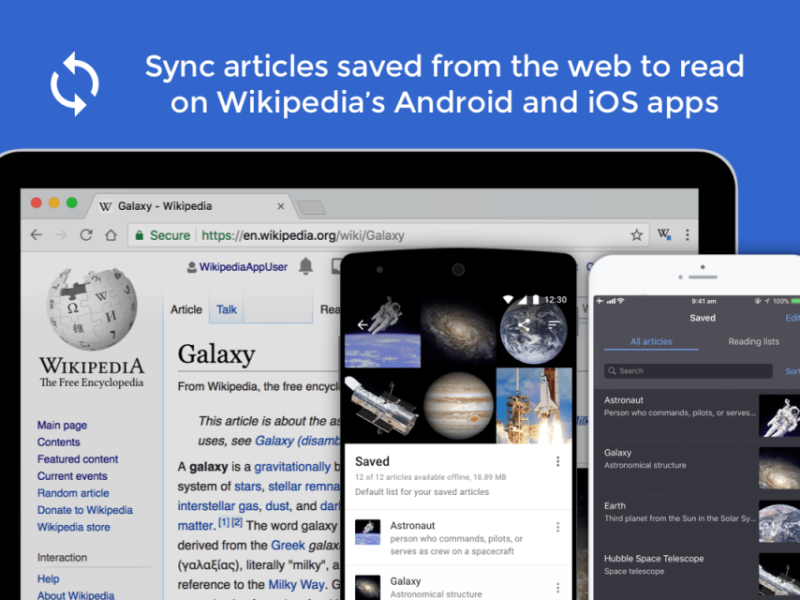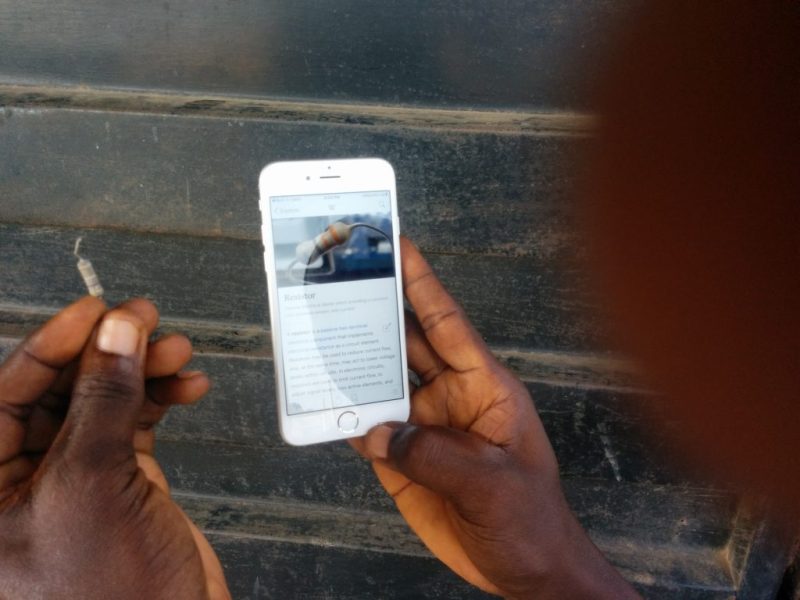Wikimedia 2030, the global discussion to define the future of the Wikimedia movement, created a bold vision for the future of Wikimedia and the role we want to play in the world as a movement. With this shared vision for our movement’s future in mind, the Wikimedia Foundation is evolving how we work with partners to address some of the critical barriers to participating in free knowledge globally.
After careful evaluation, the Wikimedia Foundation has decided to discontinue one of its partnership approaches, the Wikipedia Zero program. Wikipedia Zero was created in 2012 to address one barrier to participating in Wikipedia globally: high mobile data costs. Through the program, we partnered with mobile operators to waive mobile data fees for their customers to freely access Wikipedia on mobile devices. Over the course of this year, no additional Wikipedia Zero partnerships will be formed, and the remaining partnerships with mobile operators will expire.
In the program’s six year tenure, we have partnered with 97 mobile carriers in 72 countries to provide access to Wikipedia to more than 800 million people free of mobile data charges. Since 2016, we have seen a significant drop off in adoption and interest in the program. This may be due, in part, to the rapidly shifting mobile industry, as well as changes in mobile data costs. At this same time, we conducted extensive research [1][2] to better understand the full spectrum of barriers to accessing and participating in Wikipedia.
One of the critical issues we identified as part of this research was low awareness of Wikipedia outside of North America and Europe. To address this, we experimented with new projects and partnerships to increase awareness of Wikipedia, and we’ve experienced some initial success in this work. In Iraq, for example, we raised awareness of Wikipedia by more than 30%. In Nigeria, we partnered with Nigerian community members and Nollywood stars to introduce more than 15 million people to Wikipedia and how it works. These successes have given us several ideas for where we may take our partnership work next, and over the coming year, we will explore other ways we can leverage the findings from our research and the Wikipedia Zero program to direct future work with partners.
To create all the world’s knowledge, we need participation from the world. However, we know that there are many barriers to making this vision a reality, data affordability being just one. We look forward to continuing to explore, evaluate, and measure the impact of our partnership opportunities and more as we build for the future of Wikimedia.
Wikimedia Foundation



